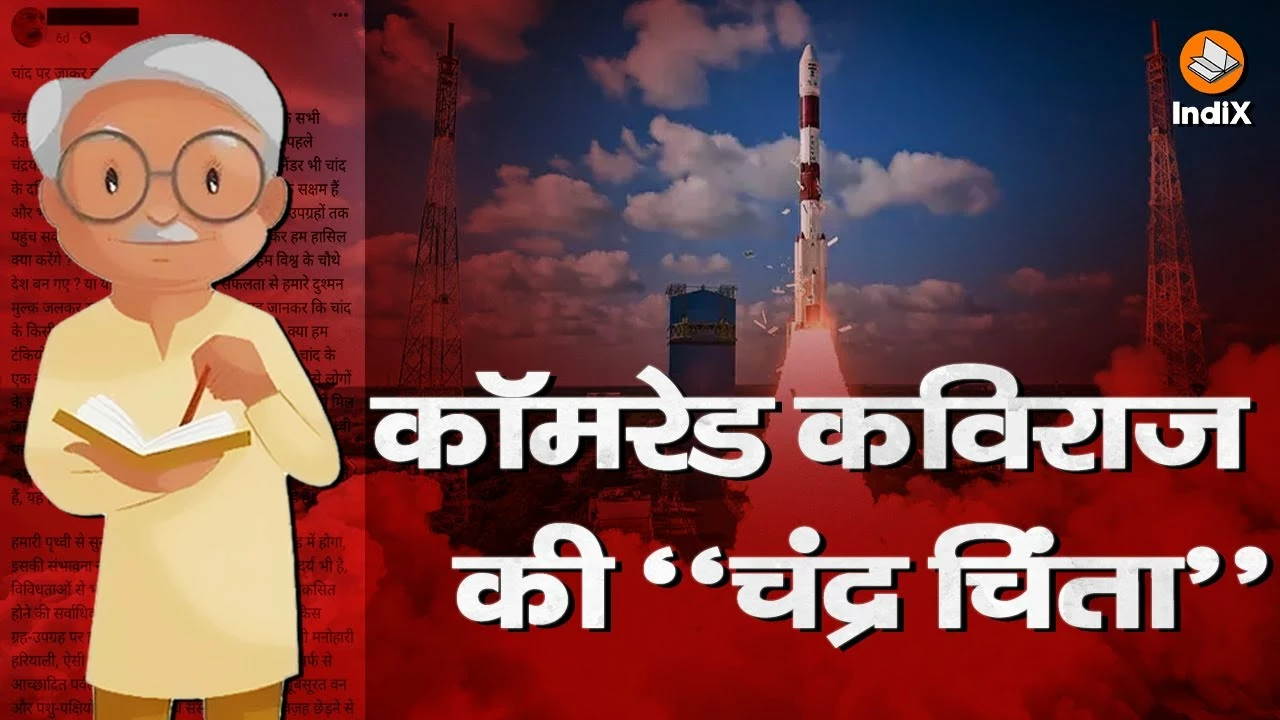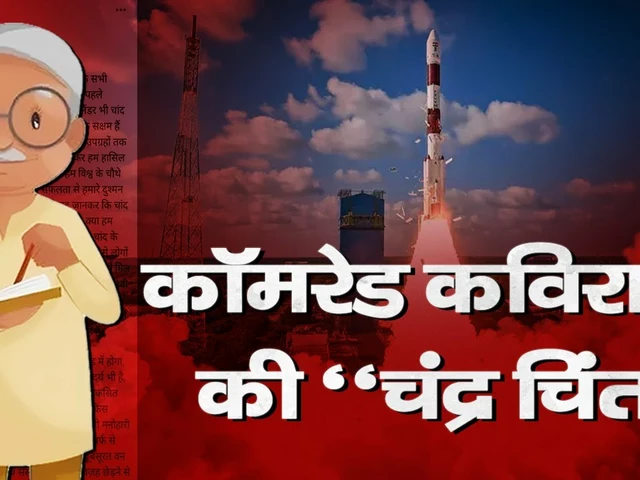Leaving India: Practical Steps to Move Abroad
Thinking about leaving India can feel exciting and overwhelming. Paperwork, finances, and daily choices matter more than you expect. Small steps early cut big headaches later.
Documents & Money
First, sort your documents. Passport, visa, degree certificates, and police clearance papers are basics. If you are abroad already, check how to get an India PCC from the nearest embassy or consulate. The process may need forms, fingerprinting, and an appointment.
Money matters come next. Open an NRE or NRO account if you plan to keep income in India. Calculate taxes, inform your bank, and learn about sending money overseas. Small mistakes on transfers can cost time and fees.
Think about health too. Carry medical records, prescriptions, and vaccination copies. Many countries require specific vaccines or health checks before entry. Buy travel insurance that covers at least the first months after arrival.
Pack smart. Ship bulky things later. Carry essential documents, a small emergency fund, chargers, and a basic wardrobe for the first week. Check airline baggage limits and customs rules for electronics and food.
Settling & Support
Housing search starts fast. Use short-term stays for the first weeks. This gives time to explore neighborhoods, meet landlords, and avoid rushed long-term contracts. Ask local groups or community pages about safe areas and realistic rent prices.
Jobs and education need clear plans. If you move for work, confirm your contract, start date, and benefits. If you move to study, check visa conditions, on‑campus support, and scholarships. Upgrading local language skills quickly helps with daily life and job chances.
Culture shock and loneliness are normal. Meet people through community groups, local meetups, and neighbors. Keep regular calls with family and create a simple routine to feel settled faster.
Legal details matter. Register with your embassy if possible, update address records, and know emergency contacts. Understand visa limits, work permissions, and renewal steps to avoid trouble.
Use trusted guides and country-specific articles for exact rules. For example, resources about getting a PCC from Singapore or about life coaching paths in Canada help with niche needs. Local forums and expat communities share real tips official pages might not cover.
Before you leave, make a checklist: documents, money, health, housing, job plan, and emergency contacts. Double-check expiry dates and photocopy everything. Keep both digital and physical copies of key papers.
Moving abroad is a big step, but practical actions make it manageable. Start early, ask questions, and use community knowledge. When you prepare for documents, money, health, housing, and social needs, the move feels less risky and more doable.
Keep an open mind and stay flexible. Expect small setbacks but treat them as quick lessons. Track key dates, maintain a budget, and build a local support circle, and your move from India will start to feel like a new beginning. Plan, adapt, and grow.

Why don't people who hate India leave India?
In my recent blog post, I delved into the complex issue of why individuals who express disdain for India, don't simply leave the country. I found that many of these individuals face financial constraints or familial obligations that limit their ability to relocate. Additionally, their criticism might also stem from a deep love for their nation and a desire for its betterment, rather than pure hatred. It's also worth noting that voicing discontent can be an essential part of democratic societies, including India. Lastly, the process of immigration is not easy and involves numerous challenges and hurdles, making it not a feasible option for everyone.
CONTINUE READING



